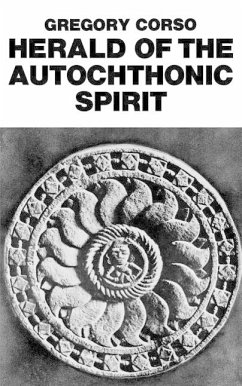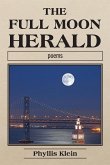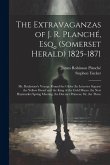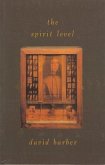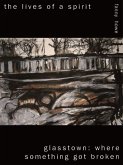Gregory Corso is still kicking "the ivory applecart of tyrannical values," heralding the wild and keenly experienced life. Since the 1950s, when with Allen Ginsberg, Jack Kerouac, and others, Corso electrified the literary establishment with what he describes as "spontaneous subterranean poesy of the streets," he has fathered "three fleshed angels," traveled through Europe and Egypt, seen the demise of several fellow "Daddies of an Age," and now finds himself over half a century old. The lush, fervent oratory of Shelley is evident in these poems of one who may be his most ardent American heir, and the author of The Happy Birthday of Death and Elegiac Feelings American never entirely forgets that a "leaky lifeboat" is the mortal's only home. "You'd think there would be chaos/the futility of it all/Yet children are born/oft times spitting images of us/ ... and the gift keeps on coming." Corso knows death, despair, and silence only too well, and his first major collection in eleven years is permeated with a sense of crucial choices to be made. "Columbia U Poesy Reading--1975" begins with Beat history and ends with a solitary vision of God in the form of the muse: "Seated on a cold park bench/I heard her moan: 'O Gregorio Gregorio/you'll fail me, I know/Walking away/a little old lady behind me was singing: True! True!'/'Not so!'/ rang the spirit, 'Not so!'" In a cocky, exuberant blend of high style and down-home New Yorkese, the Herald of the Autochthonic Spirit brings more auspicious tidings.
Hinweis: Dieser Artikel kann nur an eine deutsche Lieferadresse ausgeliefert werden.
Hinweis: Dieser Artikel kann nur an eine deutsche Lieferadresse ausgeliefert werden.

